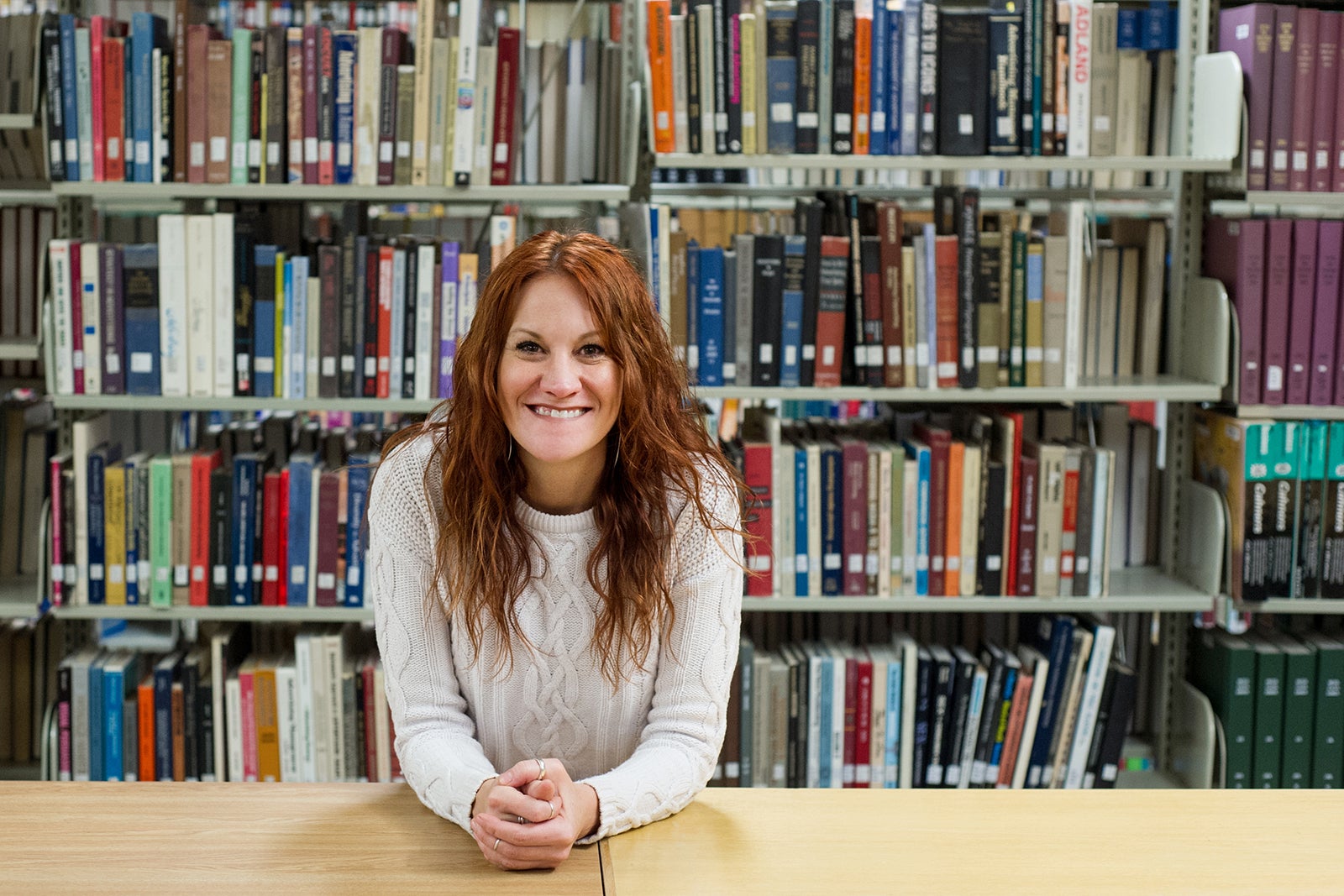Story by Hannah McNamee, College of Health Sciences student journalist

Jill Chonody, an associate professor in the School of Social Work, recently co-authored two articles on COVID-19 and loneliness: “Meeting social needs and loneliness in a time of social distancing under COVID-19: A comparison among young, middle, and older adults,” in the Journal of Human Behavior in the Social Environment, and “Risk and protective factors of loneliness among older adults: The significance of social isolation and quality and type of contact” in the journal Social Work in Public Health.
Chonody compared two types of loneliness: social and emotional, and studied the effects of loneliness on people in different age groups.
Social loneliness means that individuals miss having people around them. Emotional loneliness means that individuals lack fulfilling and trusting relationships with other people.
According to Chonody’s studies, young adults have experienced more social loneliness during the pandemic than other age groups have. Elderly people have already adjusted to less social interaction, but young adults are in the midst of active involvement in social groups and organizations. The arrival of COVID-19 interrupted or stopped those activities.
Emotional loneliness, the feeling that an individual doesn’t have enough trusted people and fulfilling relationships in their lives, has also been highest in young adults during this time period. Chonody concluded that this is because as individuals age, they tend to create longer and more meaningful, if fewer, friendships and relationships with other people.
Chonody found that elderly people value talking on the phone more than virtual meet-ups, while younger adults value virtual meet-ups more. Luckily, there are ways for young adults to cope, Chonody said.
“Find people with shared interests so that you have a shared experience. Use Zoom and other technology resources to break the social barriers the pandemic has created,” Chonody said.
Creating these connections now can lead to lifelong friendships that will in turn provide individuals with emotional and social fulfillment.